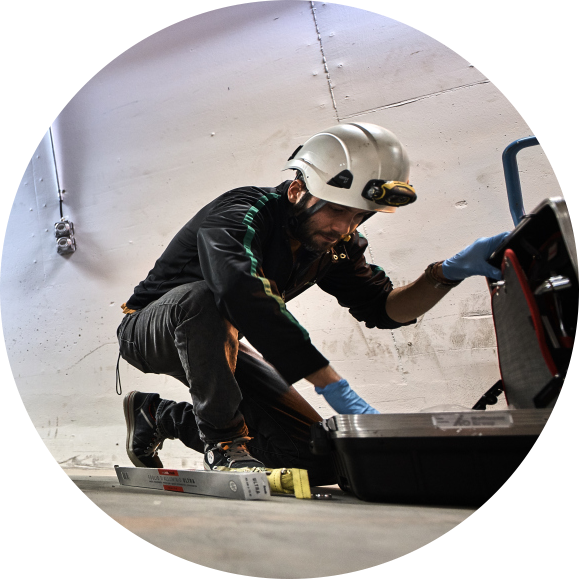
It was in the Galleria degli Uffizi, just in front of the Botticelli’s Primavera that Iñigo, a full-time evolving human being and part-time industrial engineer, felt the beauty. He was looking at Flora, the goddess of flowers, at her smile, her hair and the details of her clothes, when he realized that even static things can overwhelm us.
“I think that is the feeling that beauty leaves in our bodies”, says Iñigo, who was born in Vitoria, the capital city of the Basque Country, surrounded by perretxikos and snails. At the age of 14, he had to move with his family to the other side of the Atlantic.
Santiago de Chile, the seventh most inhabited city in Latin America and the one of Neruda and Gabriela Mistral’s verses, was their home for five years. Iñigo enrolled in industrial engineering at the Pontificia Universidad Católica de Chile, but before finishing his degree there, he returned to Spain. He graduated from the University of the Basque Country, in Bilbao, where Don Miguel spent the first years of his life.
Like him, Iñigo believes that certainties, especially ideological ones, are something to be avoided. Not only will they “make our lives bitter”, as Unamuno said, but they also bring us pain and situations of injustice. Luckily, in the scientific community, certainties are treated with a lot of care, since they are never 100% absolute. “We have percentages that determine how true an assumption is and, even more, there is a need to provide reference frames in which that particular assumption is true, so there is always a dependence”, tells Iñigo. Certainties are just one step away from faith.
Iñigo’s working life began with an internship in an aeronautical company called Aernnova. After three years working there, he was no longer an intern, and signed his first contract as an engineer. At that time, it was the “mileurista era”, and that position tasted like a great achievement. ¡Ah, la pugnaz vida a la intemperie!, as the Chilean novelist and poet, Roberto Bolaño, wrote.
Iñigo still remembers his years in Chile, which were like a dream. Also, the quality of the university and the friendships he made there with whom he is still in touch. From Vitoria, he especially misses the Iguana Klub, an alternative pub located in the old town, where every Friday night there was live music, lots of beer and good company.
In 2012 he made the jump to CERN, an organization where all information is publicly disclosed, a fact that he appreciates. “There are no secrets here”, he says, “and I also like the fact that it is not driven by money”. But above all, Iñigo, who works with equipment that has to be installed in the tunnel, loves to witness the development of that equipment, from start to finish. “It is very motivating to see something that starts as a discussion or on a piece of paper and comes to life after all”.
Iñigo considers himself a pragmatic person. He does not like to think much about the future. He prefers to live in the present, to squeeze it. For him, all this is a dream in itself. He is happy and comfortable with his current situation, with no expectations or big dreams around him, because dreams, as Bolaño wrote, have fists instead of fingers, “so they must be scorpions”.
“Today, I am like that, but in a couple of years, just because I might be doing something different or relating to other people, I will become a different person”, claims Iñigo. “My ideology can also change, which is what happened to Unamuno”.
Because, as the Basque thinker said, “la vida es esto, la niebla”, and one has to live in doubt, with its circumstances and, if possible, like Iñigo, with very, very few certainties around.
Back to the HiLumi Beehive | WP5 bees

